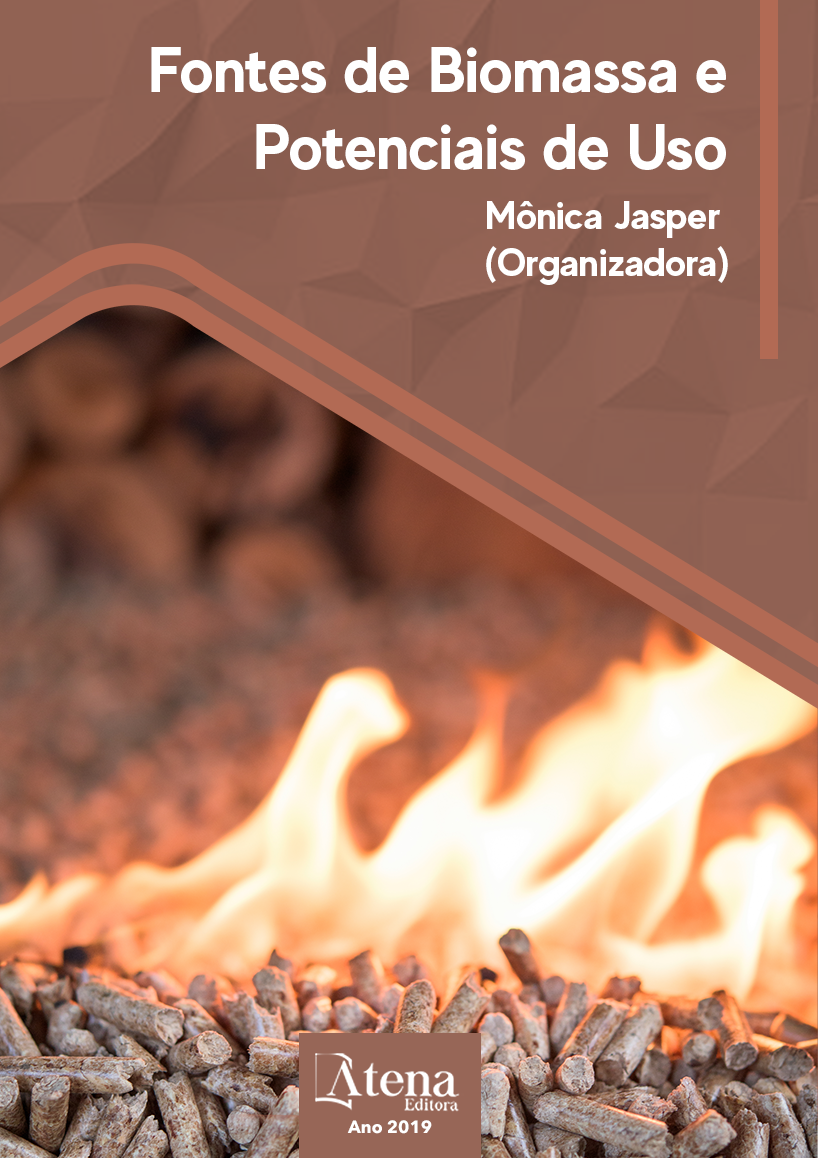
BIODIESEL PRODUCTION FROM WASTE COOKING OIL WITH CHARCOAL PYROLIGNEOUS LIQUOR
In this article, biodiesel
production from waste cooking oil with
charcoal pyroligneous liquor was studied with
the objective to analyze the viability of this
environmental pollutant for biofuel production. A
acid catalysis with H2SO4 followed by a alkali
catalysis with KOH was performed in order to
enhance the yield of the transesterification. The
amount of liquor added varied from 20% to 40%
(in relation to the volume of acid). It was also
analyzed if the biofuel produced met the Brazilian
Fuel, Gas and Petroleum Agency Standards
(regulation values), in order to be used in Diesel
engines and ASTM 6751 The obtained results
showed that the biodiesel produced using these
residues met the Standards in relation to density,
kinematic viscosity and acidity (free fatty acids).
However, water content and flash point were not
granted.
BIODIESEL PRODUCTION FROM WASTE COOKING OIL WITH CHARCOAL PYROLIGNEOUS LIQUOR
-
DOI: 10.22533/at.ed.29419160916
-
Palavras-chave: Biodiesel, pyroligneous liquor, waste coking oil, transesterification.
-
Keywords: atena
-
Abstract:
atena
-
Número de páginas: 15
- SIMONE RIBEIRO MORRONE
- DIMAS AGOSTINHO da SILVA
- MARCOS BARONCINI PROENÇA


